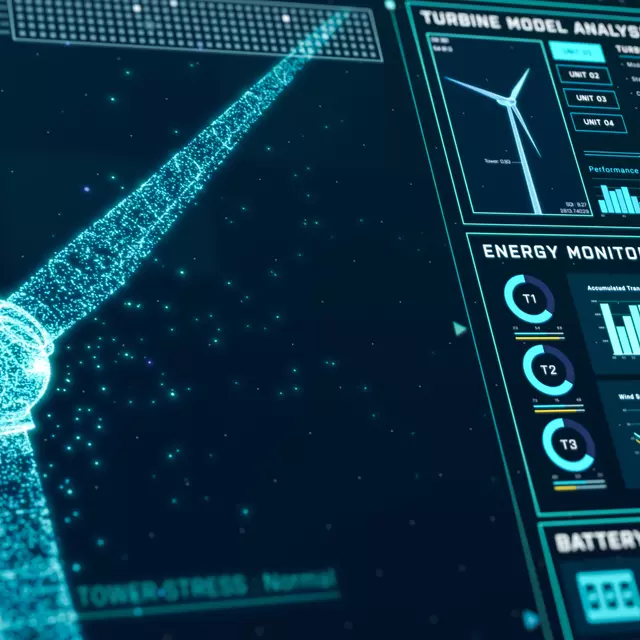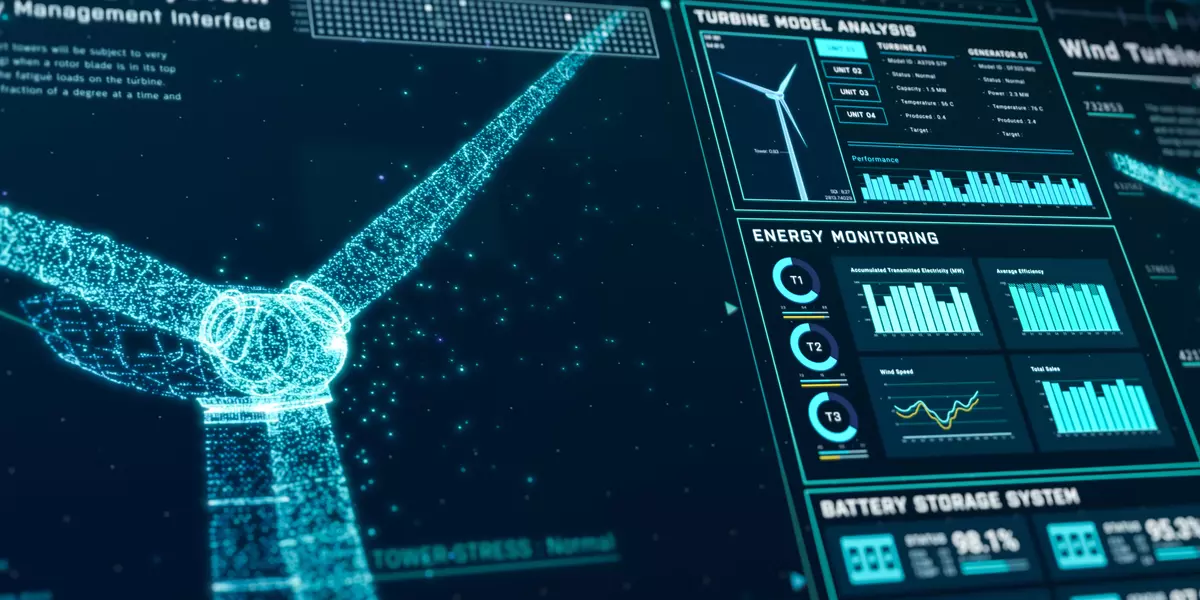Modeling Sustainable Energy Systems
The vhb project "Modeling Sustainable Energy Systems" (September 2025 - February 2026) aims to provide students with methodical skills and practical knowledge required for the analysis, modeling and optimization of energy systems based on renewable energies. The course focuses on PyPSA (Python for Power System Analysis), a widely used open-source framework for power system modeling. Through interactive exercises, Jupyter notebooks and programming tasks, students will learn to configure, simulate and evaluate pathways to the energy transition. The course bridges theoretical knowledge and applied practice by integrating elements of engineering, programming and scientific research.
The curriculum is divided into three main pillars: (1) energy technology and system modeling fundamentals, (2) practical application of PyPSA for scenario analysis and system optimization, and (3) scientific working methods, including formulating research questions, academic writing, and conducting literature reviews. A central element of the course is the final project, in which participants write a scientific paper analyzing a country's potential energy transition using their own PyPSA-based modeling results. This allows them to apply both technical and academic skills in a project-oriented format.
By combining didactic diversity (videos, screencasts, quizzes, programming exercises, forums) with research-based learning, the course fosters both technical expertise and critical reflection skills. Through bilingual implementation (German and English) and the use of open source tools, the project aims to lower the entry barriers for advanced modelling methods, support internationalization and contribute to the training of a new generation of system modelers who can actively shape the energy transition. The first course is planned for the summer semester 2026.


